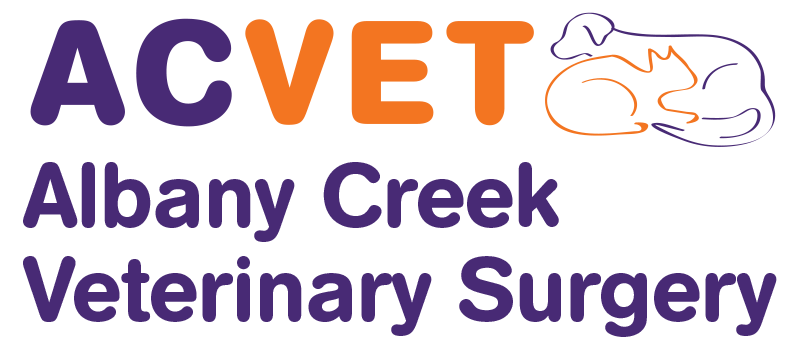Congratulations on your efforts to provide your feathered friend with optimum nutrition.
Seed is never a balanced diet and results in severe nutritional deficiencies that will result in the early death of your bird.
Feeding a pelleted diet is essential to maintaining a healthy pet bird. Here are some hints to help you with the process.
Ringnecks, Conures, Alexandrines, Galahs and Cockatoos
Cold Turkey:
Those birds that are inquisitive and accept any human foods, including fruit and vegetables may work best to completely remove seed from their diet and replace it with pellets. Place the pelleted food in the existing seed dish and ensure there is plenty of fresh fruit and vegetables on offer. Should the bird have free range and access to human meals – you may wish to offer the pellets as a “treat”.
Gradual Introduction:
For those birds that have been in a seed only diet for many years, we suggest you replace the seeds with the pelleted food. Restrict the amount of seed to perhaps 1-2 tablespoons per day. Monitor the pellets carefully and when you can see the bird is interested (mouthing, picking up the pellets or even tossing them about) reduce the amount of seed on offer by half.
These birds should also have access to fresh fruit and vegetables. This will of course be foreign to them. They often do not recognize these offerings as food.
Cockatiels, Budgies, Canaries and Finches
For our smaller (<100gms) feathered friends we approach conversion a little differently. We suggest you have 2 containers – their existing seed dish will now contain pellets/crumbles and a new dish (in a new position in their cage) will contain 1 heaped teaspoon of seed. Supply this daily for 1 week. At the beginning of second week, reduce the seed to a level teaspoon once a day. Every week, reduce the quantity of seed until the bird is hungry enough to be tempted by the pellets or crumbles. If concerned, monitor your birds weight daily to assess weight loss.
Some practical tips
- DO PERSIST
- DO provide fruits and vegetables during conversion
- DO monitor birds weight during conversion
- DO use sunflower seeds as treats or rewards
- DO NOT MIX seed and pellets (Have separate containers)
- Once converted birds generally accept changes to pellet types
Good luck with the task of converting your bird to a pelleted diet. You can be assured that your bird will have a longer, healthier life as a result. Please do not hesitate to call should you require any further assistance. We are sure you will notice a change in your bird’s well being…as they say, we are what we eat!
By Dr Adrian Gallagher BVSc (Hons) MACVSc (Avian Health), Brisbane Bird Vet
Last updated on 14 October 2019


